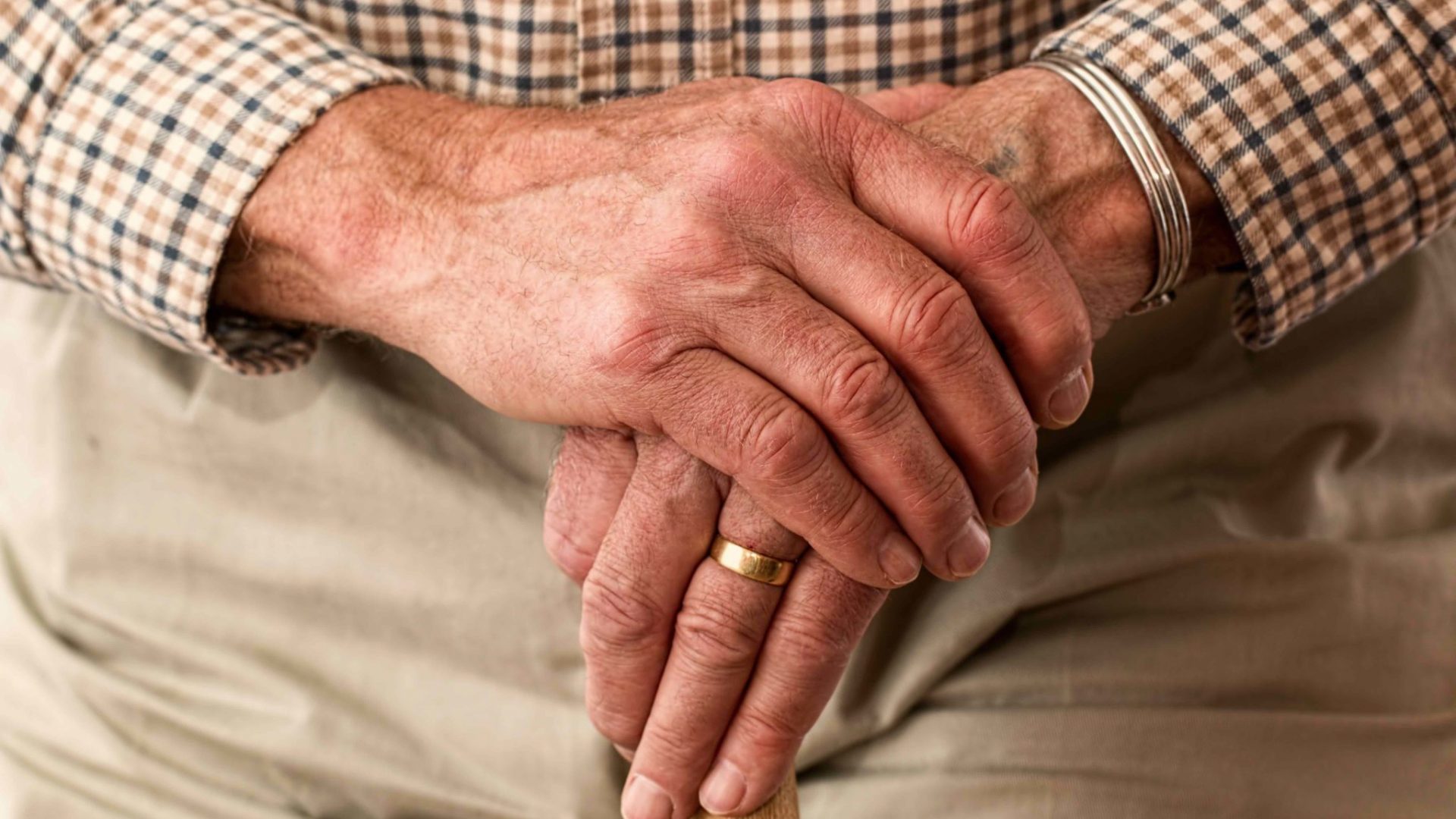RIO DE JANEIRO, BRAZIL – Electricity bills, credit cards, water, and property taxes were among the items most respondents were unable to afford within the same month that they were due, a study carried out by the National Confederation of Store Leaders (CNDL) and by the Credit Protection bureau has shown.
According to this research, the cost of living for the elderly in the city of São Paulo has increased by almost 9% in the last 12 months.
A new index created by the Institute of Economic Research Foundation measures how inflation affects families made up of people aged 60 and over and with a family income between one and ten minimum wages, or around 33 million people nationwide.
Economist Guilherme Moreira explains that the pandemic has further damaged income distribution in Brazil, mainly affecting the elderly. “You have a group of people who already had difficulties before, whose job is precarious, who depend on the street, who depend on leaving [their homes to work, and], upon whom restrictions were imposed, and that was the group that suffered the most.”
They “were already suffering and [their situation] worsened even more,” he added.
Moreira also explained that certain expenses, such as health care and housing, have a greater weight than others in the elderly’s budget. “Most people, when they reach this age, have to consume medication for continuous use, a series of things that we develop with age that have medication and we know how expensive medication is. These people spend more time at home and therefore spend more on residence, gas, energy, small renovations,” he said.
To reverse this scenario, Moreira believes “the solution is the return to full economic activity, the return to employment, of income. In other words, the country will return to normal, get out of this pandemic and start growing again. There is no miracle. Without economic growth, there is no income”, he points out.
With less money in their pockets and no savings left, more than half of seniors citizens have failed to pay some expense in the past six months.
CNDL finance specialist Merula Borges has said the new data showed “that people don’t think too much about the long term, giving up immediate rewards to delay those rewards to build a better future situation, financially, is a matter of reasoning that needs to be developed throughout life.”
According to the survey, 49% of respondents admitted to having no savings, and 63% said there was never any money left at month’s end, especially in the less favored classes.


